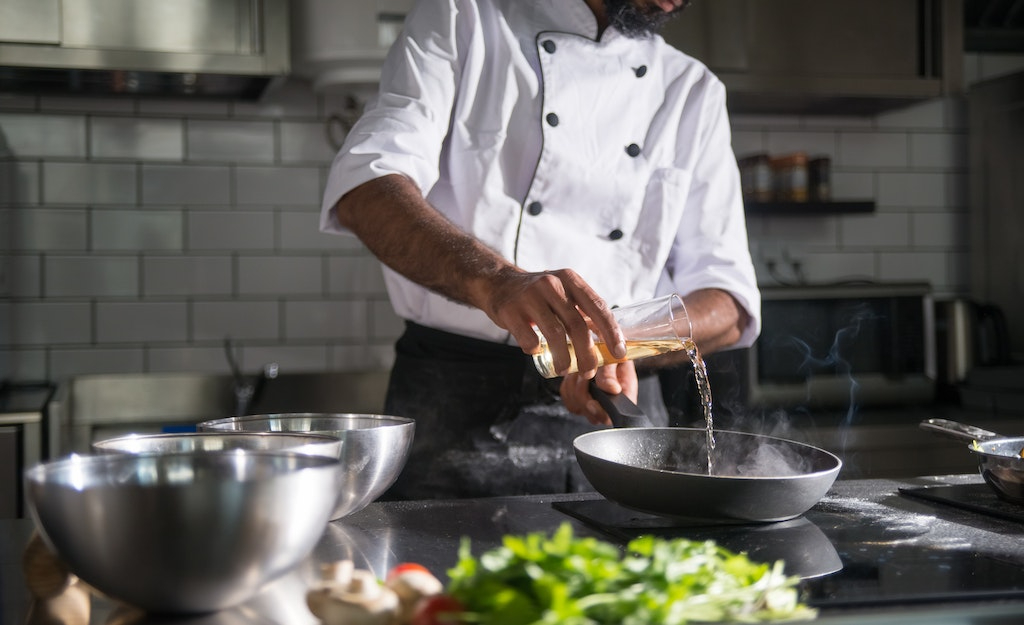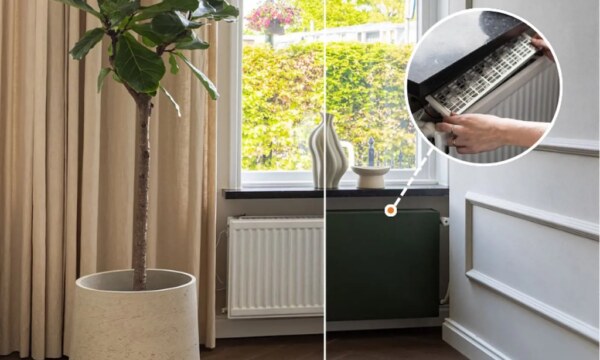Why communication is vital when hiring a private chef

A private chef is an investment worth considering. Whether for everyday meals or special occasions, a professional cook can create memorable dining experiences. Convenience, tailored menus and a healthier approach to food are additional advantages. However, these benefits rely on clear communication. The value of a skilled chef can only be achieved when there is open and honest dialogue between client and professional. Effective communication ensures the chef understands specific needs and preferences.
Setting expectations
It is important to speak openly with a chef even before finalising the hire. The right professional is different for each household and must meet specific requirements. Communication at this stage helps prevent mismatches and disappointments when looking to hire a chef. Without it, there is a risk of engaging a skilled cook who cannot prepare a particular dish. An initial consultation provides an opportunity to outline expectations and confirm whether the chef can meet them. Key points to discuss at this stage include:
- Dietary restrictions, for instance, gluten-free, kosher or calorie-heavy
- Cuisine preferences, such as local, international or gourmet meals
- Service frequency – daily, weekly or occasionally
- The chef’s cooking philosophy
- Pricing structure
- Availability and scheduling
Dietary needs and preferences
Tastes and dietary needs vary widely. One household might prefer a light breakfast and a substantial evening meal, while another might prioritise breakfast as the most detailed course of the day. These preferences must be made clear to any private chef under consideration. Likes and dislikes should be stated plainly, and any medical conditions requiring specific diets should be disclosed early. A chef should also be informed about allergies, intolerances and religious restrictions to avoid confusion. Specific ingredient preferences, such as a requirement for organic produce, must also be communicated. These details affect meal planning, preparation, cooking and serving. During these discussions, a chef may ask questions for clarification, such as preferred portion sizes for different meals.
Building trust and sourcing feedback
Hiring a chef means trusting someone with an important part of daily life. A home service requires allowing a professional into a private space, so they must be not only skilled but also reliable. Building this trust often takes time, and it starts with open communication. Discussing expectations and goals early sets the tone for a clear and respectful working relationship. Boundaries and privacy requirements should be made clear, especially if the chef will live in. Dining etiquette and the preferred atmosphere can also be addressed. Good communication is a two-way process. Feedback should be given, and the chef’s input should also be heard.
Engaging a private chef is not just about finding technical expertise; it is about finding someone who understands the needs of the household. Clear, honest communication is central to achieving this
The editorial unit

























Facebook
Twitter
Instagram
YouTube
RSS